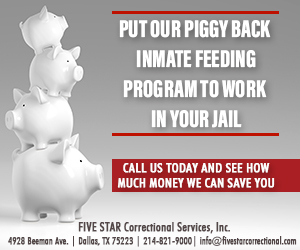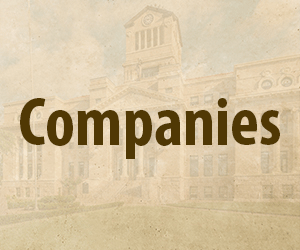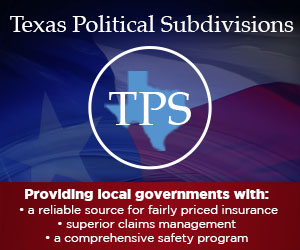The following includes excerpts from the Texas House Research Organization’s Focus Report, Number 79-13. To read each section in its entirety, go to http://www.capitol.state.tx.us/hrofr/frame9.htm.
In November 2005, the Texas Supreme Court upheld a ruling by state District Judge John Dietz of Austin that school districts lacked “meaningful discretion” in setting local maintenance and operation (M&O) tax rates, effectively resulting in an unconstitutional state property tax. The court ordered the Legislature to remedy the constitutional infirmity in the school tax system by June 1, 2006, or else the court would enjoin the state from distributing funding for the public school system.
Gov. Rick Perry called the Legislature into special session on April 17, 2006, to address the Supreme Court’s decision. He asked the Legislature to reduce school property tax rates and to consider new sources of state revenue dedicated to replacing local revenue from the school property tax reduction.
In November 2005, the governor appointed the Texas Tax Reform Commission, chaired by former Comptroller John Sharp, to devise a new business taxation system to replace the corporate franchise tax. The commission proposed a new business tax based on the “margin” between gross receipts and either personnel costs or the cost of goods sold, with all corporations and limited liability partnerships subject to the tax, subject to certain limitations and exemptions depending on the type of business and its business volume. The commission also proposed establishing a standard presumptive value of motor vehicles for determining sales taxes and an increase in the tax on cigarettes and other tobacco products. The commission recommended that the additional revenue from these new taxes, plus general revenue from the state budget surplus, be dedicated to reducing school M&O property taxes by at least one third.
In its third called session (April 16-May 15, 2006), the 79th Legislature essentially adopted the commission’s recommendations, enacting a revised business franchise tax (HB 3 by J. Keffer), a motor vehicle standard presumptive value for sales tax purposes (HB 4 by Swinford), and an increase in the tax rate for cigarettes and other tobacco products (HB 5 by Hamric), with all of the additional revenue generated by these new or revised taxes dedicated to reducing school property tax rates (HB 2 by Pitts). According to Legislative Budget Board (LBB) estimates, the new taxes will not generate enough revenue to cover the full cost of reducing school property taxes mandated in HB 1 by Chisum, requiring an additional spending commitment to make up the difference.
This report summarizes the legislation enacted during the 79th Legislature’s third called session.
HB 1







